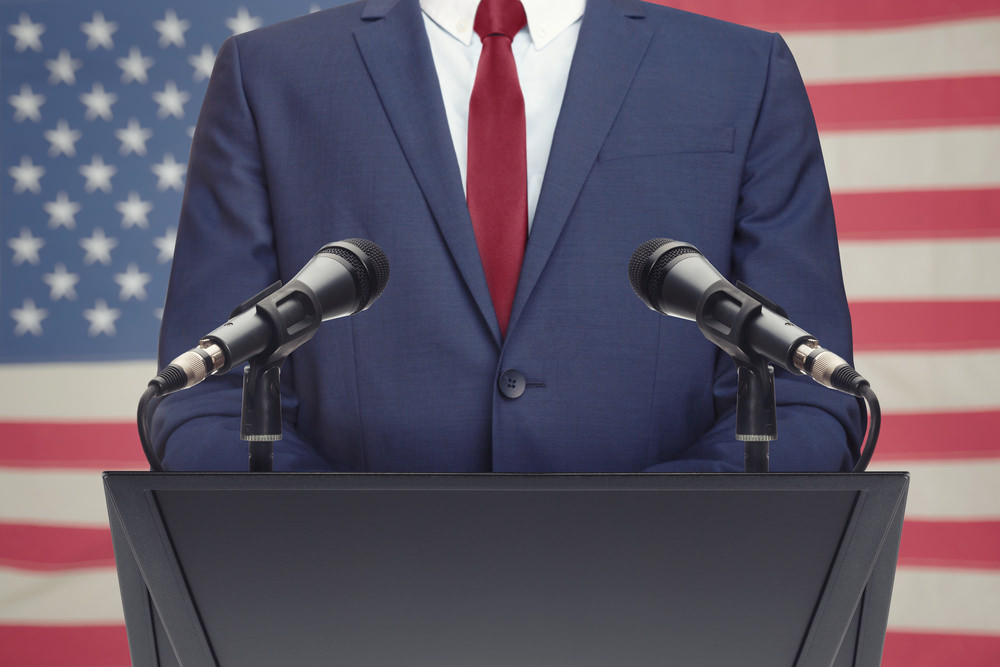Written by Donald Boudreaux.
Otto von Bismarck famously described politics as “the art of the possible, the attainable.” People who like politics love this sentiment. It suggests workable pragmatism rather than impractical principles, compromise over conviction, action rather than inaction.
I find this sentiment both hypocritical and misleading.
It is hypocritical because all campaigning politicians assure us that they are deeply principled. “I believe this!” one candidate thunders. “I stand courageously for that!” another roars. If they are to be believed, they are uniquely immune to the temptations that lead lesser humans to sell out, trim and, well, compromise. In office, though, nearly all politicians compromise. “To get anything done in government,” the politician explains, “requires compromise.”
Much of what government does ought not be done. And much of what it does that is good can by done better by the private sector.
Of course, this politician is correct. Because there can be at any one time only one government policy on each issue — one schedule of tax rates, one military budget, one immigration policy — no politicians can successfully demand that lawmakers do exactly what they want. If every elected official did make such an inflexible demand, truly nothing would get done in government.
But it’s misleading to suggest this outcome is necessarily bad. Perhaps on some fronts, government inaction would be unfortunate. Failure to fill the ninth seat on the U.S. Supreme Court might — might — worsen constitutional law over time. Yet would the republic really suffer if, say, failure to make budgetary appropriations prevents farmers from getting subsidy checks, or causes the Export-Import Bank to close? I think not. In fact, such results would be positively magnificent for the country at large.
Most people nevertheless interpret government failures to act as evidence that “things that should get done aren’t getting done.” But this is incorrect. Much of what government does ought not be done. And much of what it does that is good can by done better by the private sector.
If, for example, the Ex-Im Bank shuts down, government will stop forcing taxpayers to subsidize foreign sales of Boeing and other exporters. This “failure” to act would be good, not bad. Taxpayers would keep more of their own money to spend as they choose, while exporters would be obliged to compete for foreign customers on the merits, rather than on their subsidies’ size.
What about exporters who truly could use some extra cash to efficiently and profitably expand overseas sales? No problem. If General Electric has insufficient cash to seize a promising export opportunity, private lenders will be eager to advance GE the money on mutually agreeable terms.
Because government action, with its one-size-fits-all “solutions,” typically crowds out private actions, government failing to act clears the field for a multitude of private persons, each spending their own money, to act. With lots of private citizens experimenting with ways to address problems, the chances of creatively and successfully addressing those problems will be far greater than if only government is “doing” something.




